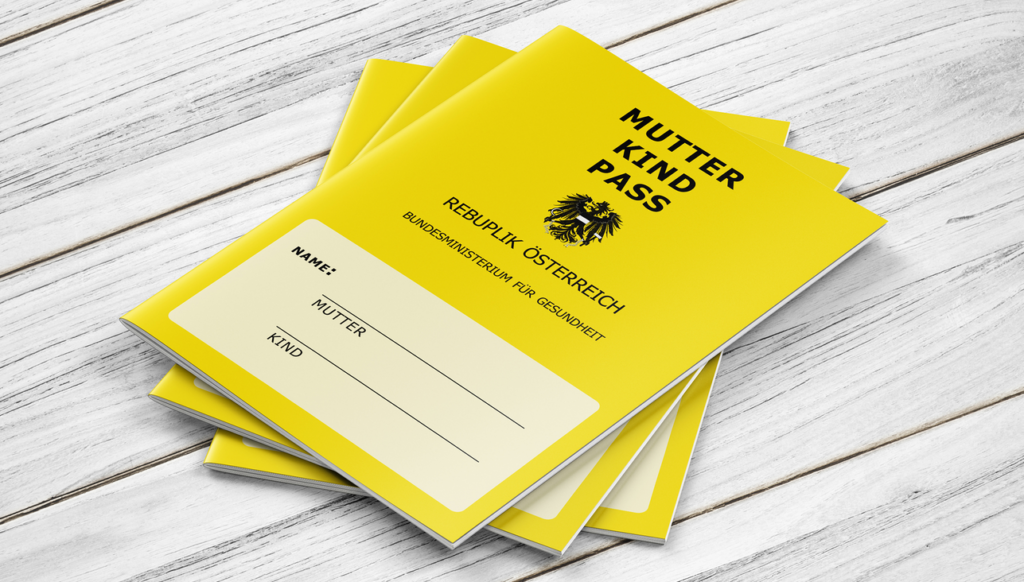The “parent-child passport” is the subject of controversial debate in Austria, especially among women’s groups who fear that it could lead to a restriction of pregnant women’s rights of self-determination.
The parent-child passport is a document issued by the Austrian government to expectant parents. It contains information about the health of the mother and the development of the unborn child, as well as advice on prenatal care and parenting. The passport is intended to facilitate communication between expectant parents and medical professionals and promote the health and well-being of both mother and child, Der Standard reports.
However, some women’s groups in Austria are concerned that the parent-child passport could be used to limit pregnant women’s right to self-determination. They argue that the passport could be used to pressure women to make certain decisions about their pregnancies and births, or to monitor their behavior in ways that are invasive or discriminatory.
The network of Austrian women’s and girls’ counseling centers criticizes: In the case of violent partners, it needs the possibility to exclude the partner from access to the data in the parent-child passport. The network also criticizes the fact that the data are to be kept for 30 years.
The Austrian Board of Midwives has also criticized the passport: The second parent would not have access “to a large part of the pregnant woman’s data.”
Also, the Austrian woman ring exercises substantial criticism of the plans of the Ministry of Social Affairs and criticized a “de facto abolishment of a woman-political milestone”. Women would be made invisible as mothers.
These concerns are not unfounded. In some countries, similar documents have been used to enforce strict rules on prenatal care and delivery or to restrict women’s access to certain medical procedures or medications. In extreme cases, such documents were used to justify forced sterilizations or abortions.
Nevertheless, concerns expressed by women’s groups about the parent-child passport should be taken seriously. It is important that pregnant women have access to unbiased information about their health and options and that they are not forced or pressured to make decisions that are not in their best interest.
